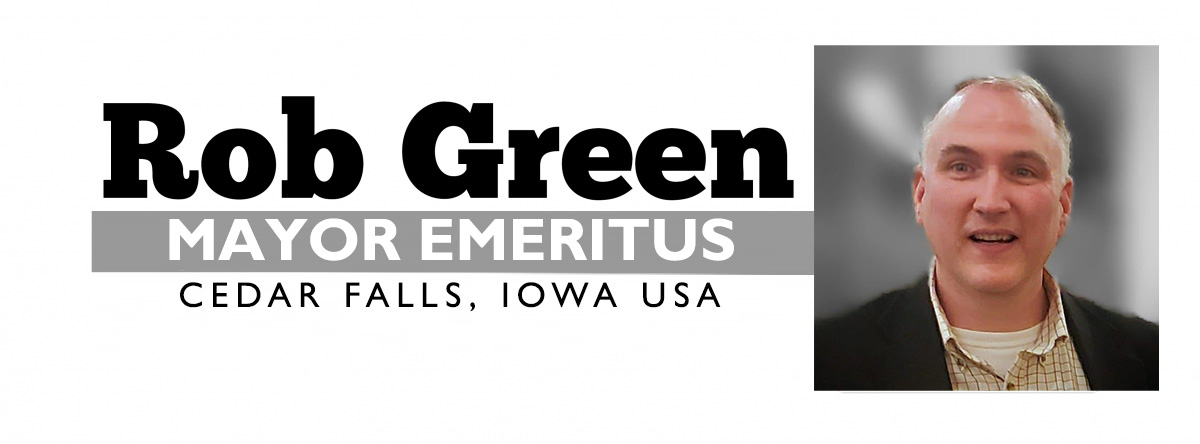
All candidates for elected office in Iowa electronically file campaign finance disclosures (called DR-2’s) to the state on the Thursday before an election. Media outlets typically publish the reports, and they’re a vital tool for understanding how campaigns raise and spend money. Here are a few key points about my campaign finances, from my City Election DR-2 and Runoff Election DR-2:
-
I’ve deliberately targeted about $5000 for both the election and runoff. No single city council election should cost more than about $2500; in a town of 40,000 people, you can get your message across amd generate support without spending a small fortune. If we candidates broadcast that you need to have $10K to fund a campaign, I believe it will dissuade talented potential candidates from running. So that's why my target has been about $2500 for each of the Nov 7 and Dec 5 elections.
-
My campaign is funded 100% by individuals. More than 60 people have donated to my campaign, from all walks of life, and a variety of political stripes. I’ve not accepted any Political Action Committee money. All donation are under $250, except for my dad who chipped in $300 (Thanks, Dad! Unexpected!).
-
I’ve run (and you've funded) a fully non-partisan race. My messaging and outreach has been broadcast to all Cedar Falls voters, and my campaign funding has been from donors who identify with a variety of political parties. That's how it needs to be...the issues of Cedar Falls aren’t partisan, and I believe that cracking the partisan door open will be detrimental to good municipal governance and resident engagement.
-
This is a completely crowdfunded, “pay-as-you-go” campaign. I started the campaign with a detailed and prioritized list of campaign activities I hoped to fund, for the best possible outreach to residents. As funds came in, we were able to pay for those activities. I wasn't going to get into the position of having to loan my campaign money to cover expenses. I’m very proud that donors provided enough to fund EVERY activity, allowing me to run exactly the kind of campaign I envisioned. (Thanks, donors!)
-
The state filing requirements are REALLY easy to meet. Through the state’s terrific electronic reporting system, my treasurer and I were able to plug in our contributions and expenses all campaign long. We regularly cross-checked each other’s work, and then when the filing date rolled around, we just hit “submit”. No stress at all, and campaign ethics staff in Des Moines were very responsive to my questions via e-mail (Thanks, IECDB!)
- I've done my utmost to run a model campaign for financing. And I hope that my example encourages others to take the leap into a campaign for City Council or other local elected office! As a community, we need more 'regular people' to serve as our representatives in government. It shouldn't be the exclusive domain of the city's elite and well-connected, but of normal citizens who posses good judgment, strong character, and a heart to serve. If I can do it, you can, too!
Campaign finances may seem intimidating at first, but it's really straightforward (especially thanks to technology). I'm happy to provide what finance insights I've gained, if you're thinking about becoming a first-time candidate. Just ask!
And I hope to earn your vote December 5th!
